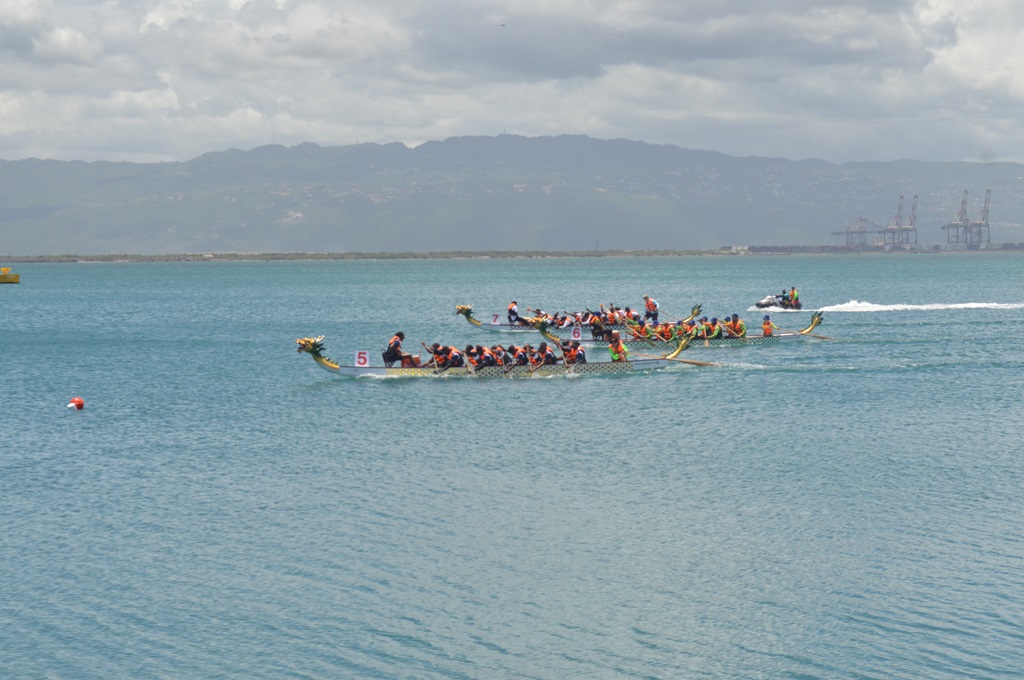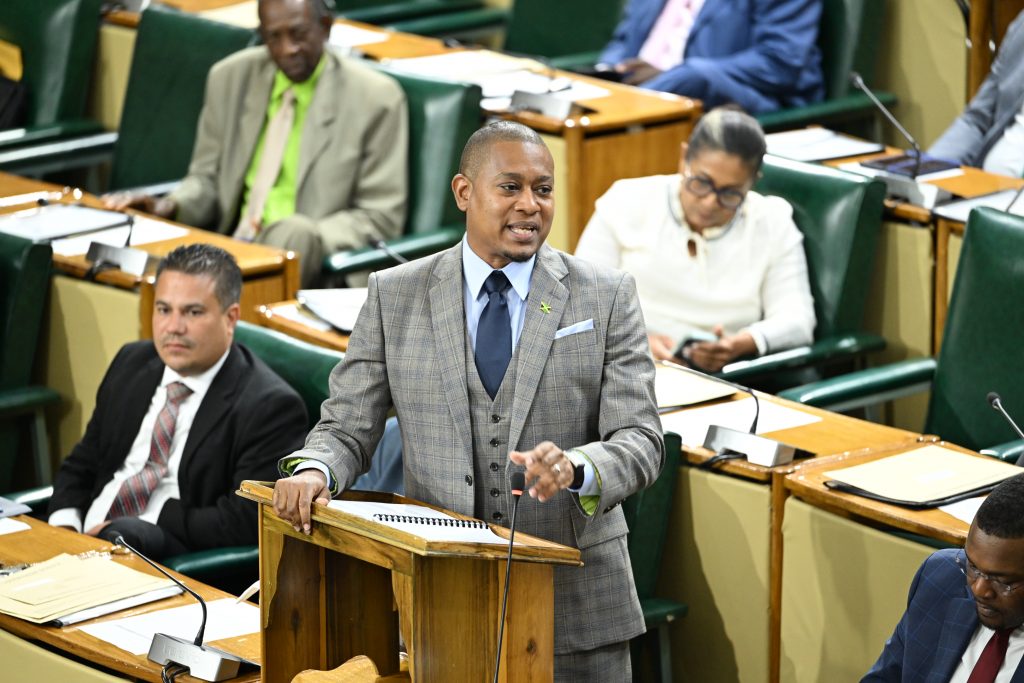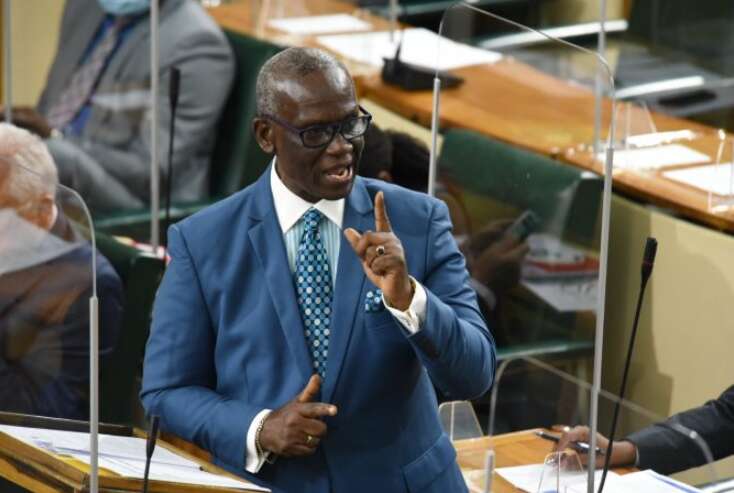The $81.5-million Forest Hill Solar Park, which will result in millions in annual energy savings for the National Water Commission (NWC), was commissioned into operation by Prime Minister Andrew Holness on Tuesday.
The project, which was completed on April 16, includes the installation of a 350-kilowatt grid-tied solar photovoltaic system to supplement the energy demand of the Forest Hill pumping station in St. Andrew.
It will reduce the facility’s reliance on the national electricity grid, resulting in up to $20 million in savings annually.
Prime Minister Holness, in his remarks at the ribbon cutting, said that the investment will reduce the NWC’s operational costs, leading to more stable prices for customers.
He commended the NWC’s leadership in incorporating renewables in its operations and highlighted the need to look at other types of alternative power sources.
“I am using this as well to point out that hydroelectricity is also a possibility for Jamaica although it is not in a state and stage where it could be considered commercially substantial. But as we move towards having 50 per cent of our electricity generated from renewables, we must also consider hydroelectricity,” the prime minister said.
“So, we are making massive investments in solar, we are making investments in wind. We need to now start to consider investments in hydro, in geothermal; we need to explore all the renewables,” he stated.
Acting Vice President of Operations at NWC, Herman Fagan, in providing details about the solar park, said that the modern system, consisting of 763 solar panels and four inverters, is expected to generate approximately 440,000 kilowatt hours of clean energy annually.
“That translates into an estimated $20 million in annual savings and a reduction of over 300 metric tonnes of carbon dioxide emissions each year, advancing our sustainability agenda and supporting Jamaica’s national climate goals,” he pointed out.
NWC is establishing similar solar systems at Leader Avenue in Montego Bay, St James; in Mona, St Andrew; and is installing a 100-kilowatt plant at Hamilton Gardens, St Catherine.
Tuesday’s event also served as the ground-breaking ceremony for the Ferry to Rock Pond Pipeline Project, which will bring more reliable water supply to more than 26,000 residents in Red Hills and surrounding communities.
Minister without Portfolio in the Ministry of Economic Growth and Job Creation, Matthew Samuda, highlighted the project cost as a necessary investment in the communities, which will benefit from the new pipeline.
“Much of Jamaica lives in the hilly interior of the island and we have to pump from surface water sources up these hills, which requires triple-phase power. Much of the network is the old-style English pumps that use a lot of electricity. So, this sort of investment… creates a sort of resilience for the 26,000 residents who will benefit from the pipeline that is to come,” Samuda said.
The communities that will benefit from the pipeline include Red Hills, Belvedere, Rock Pond, Cyprus Hall, Mosquito Valley, Plantation Heights, Brentwood, Stanmore, Tom Cringle, and Sterling Castle.
– JIS










